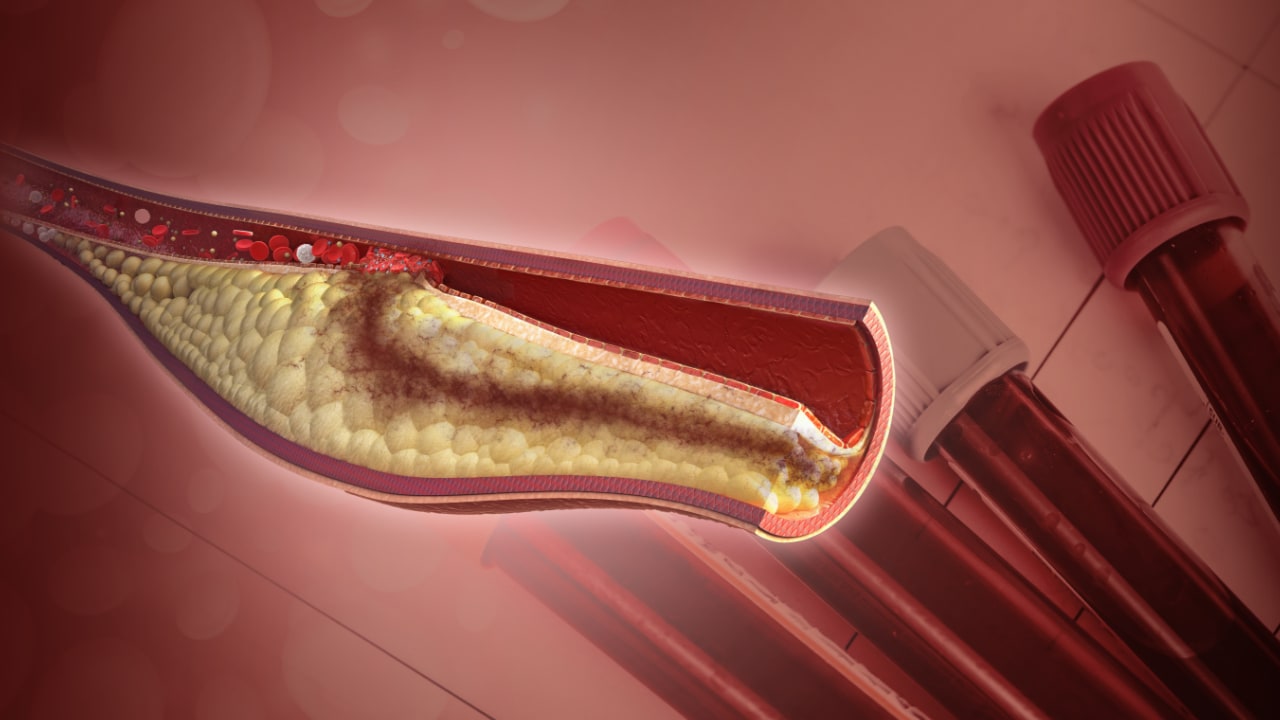Abstract and Introduction
Abstract
Background Mental stress–induced myocardial ischemia is associated with adverse prognosis in coronary artery disease patients. Anger is thought to be a trigger of acute coronary syndromes and is associated with increased cardiovascular risk; however, little direct evidence exists for a link between anger and myocardial ischemia.
Methods [99mTc]-sestamibi single-photon emission tomography was performed at rest, after mental stress (a social stressor with a speech task) and after exercise/pharmacologic stress. Summed scores of perfusion abnormalities were obtained by observer-independent software. A summed-difference score, the difference between stress and rest scores, was used to quantify myocardial ischemia under both stress conditions. The Spielberger's State-Trait Anger Expression Inventory was used to assess different anger dimensions.
Results The mean age was 50 years, 50% were female, and 60% were non-white. After adjusting for demographic factors, smoking, coronary artery disease severity, depressive, and anxiety symptoms, each IQR increment in state-anger score was associated with 0.36 U–adjusted increase in ischemia as measured by the summed-difference score (95% CI 0.14–0.59); the corresponding association for trait anger was 0.95 (95% CI 0.21–1.69). Anger expression scales were not associated with ischemia. None of the anger dimensions was related to ischemia during exercise/pharmacologic stress.
Conclusion Anger, both as an emotional state and as a personality trait, is significantly associated with propensity to develop myocardial ischemia during mental stress but not during exercise/pharmacologic stress. Patients with this psychologic profile may be at increased risk for silent ischemia induced by emotional stress, and this may translate into worse prognosis.
Introduction
Psychologic stress has long been suspected to be a risk factor for coronary heart disease (CHD), but its exact role as a trigger of acute ischemia is unclear.[1] Mental stress–induced myocardial ischemia is a transient myocardial ischemic response to a standardized mental stress challenge,[2] which can be induced in approximately one-third to one-half of patients with CHD.[2] Mental stress ischemia is analogous to exercise or pharmacologically induced myocardial ischemia during standard cardiac testing (here referred together as physical stress–induced myocardial ischemia), except that the stressor used is psychologic instead of physical.[2] Mental stress ischemia has similar prognostic value to physical stress ischemia but is typically painless, occurs at lower levels of oxygen demand, and is not related to severity of coronary artery disease (CAD)[2,3] or previous revascularization.[2,3] Mental stress, but not physical stress–induced myocardial ischemia, correlates with myocardial ischemia measured in daily life ambulatory monitoring[4] and is associated with worse prognosis in subjects with stable CHD, with a 2-fold increased risk of future cardiac events independent of physical stress–induced ischemia.[5]
Anger has long been considered a potential precipitant of acute myocardial infarction (MI) and a significant risk factor for CHD. A recent meta-analysis of 44 prospective studies found that anger and hostility were significantly associated with increased CHD risk in both healthy (19% increase) and preexisting CHD populations (24% increase).[6] Substantial research also suggests that acute anger is a potential trigger of acute coronary syndromes.[1,7] These previous data suggest that anger could play a role in the development of acute myocardial ischemia. However, direct evidence of a link between anger and myocardial ischemia is scarce.[8]
To clarify this issue, we examine whether anger as an acute state or as a personality trait or specific anger expression patterns is positively associated with the occurrence of mental stress but not physical stress–induced ischemia. Given that emotional distress appears to play a larger role in early-onset CHD than in older age groups,[9] we elected to study young and middle-aged (≤60 years) men and women who survived a recent MI.
Am Heart J. 2015;169(1):115-121.e2. © 2015 Mosby, Inc.
Copyright © Mosby-Year Book, Inc. All rights reserved.








